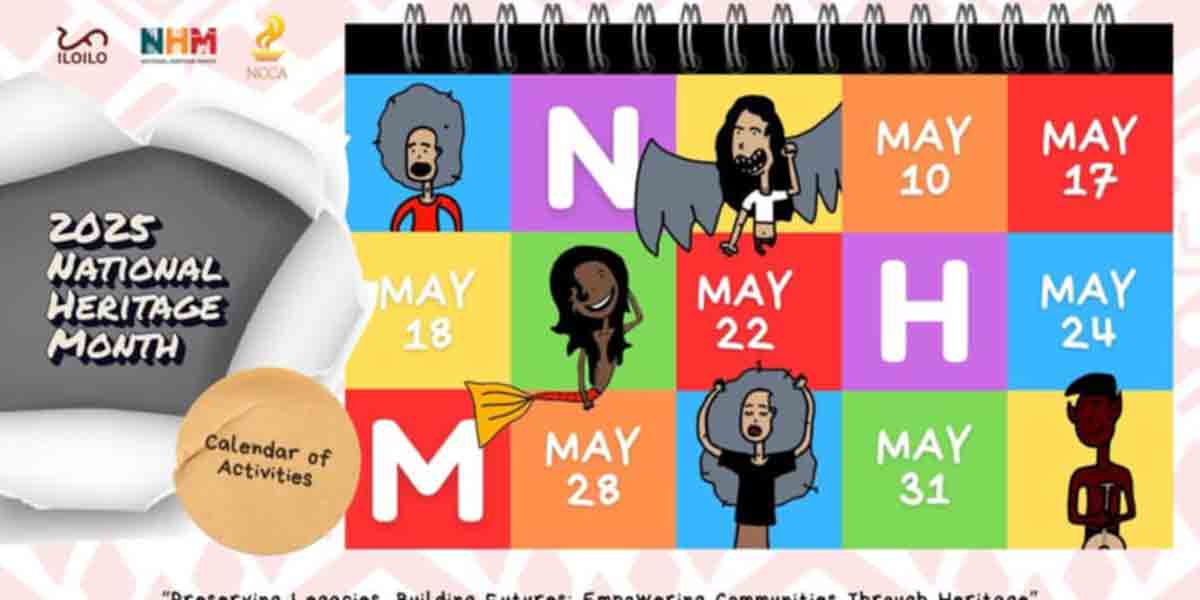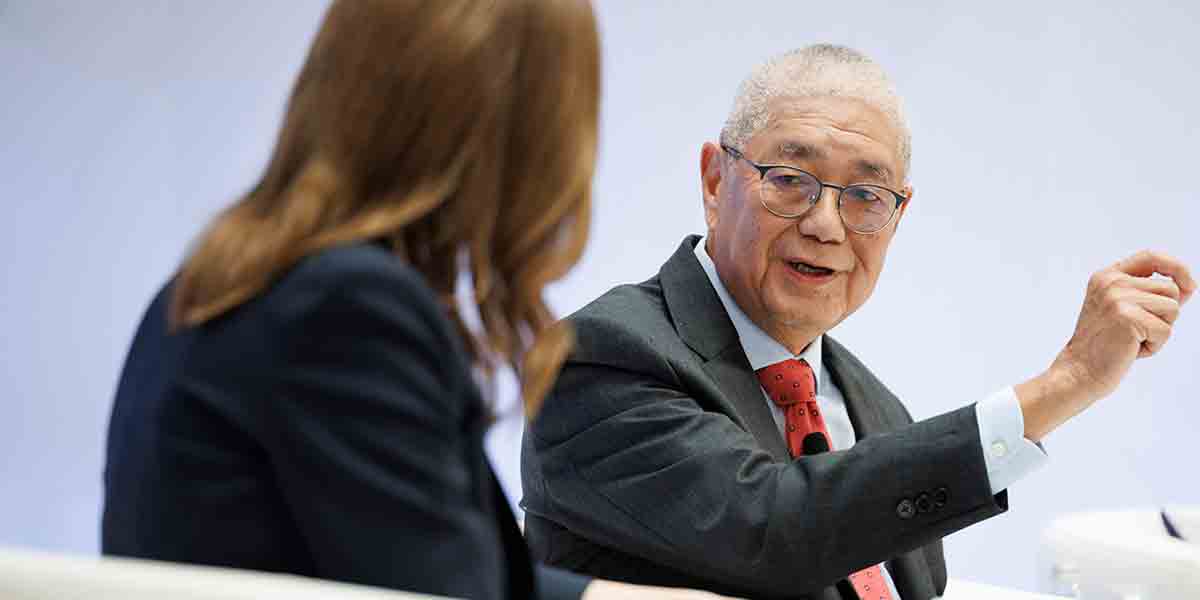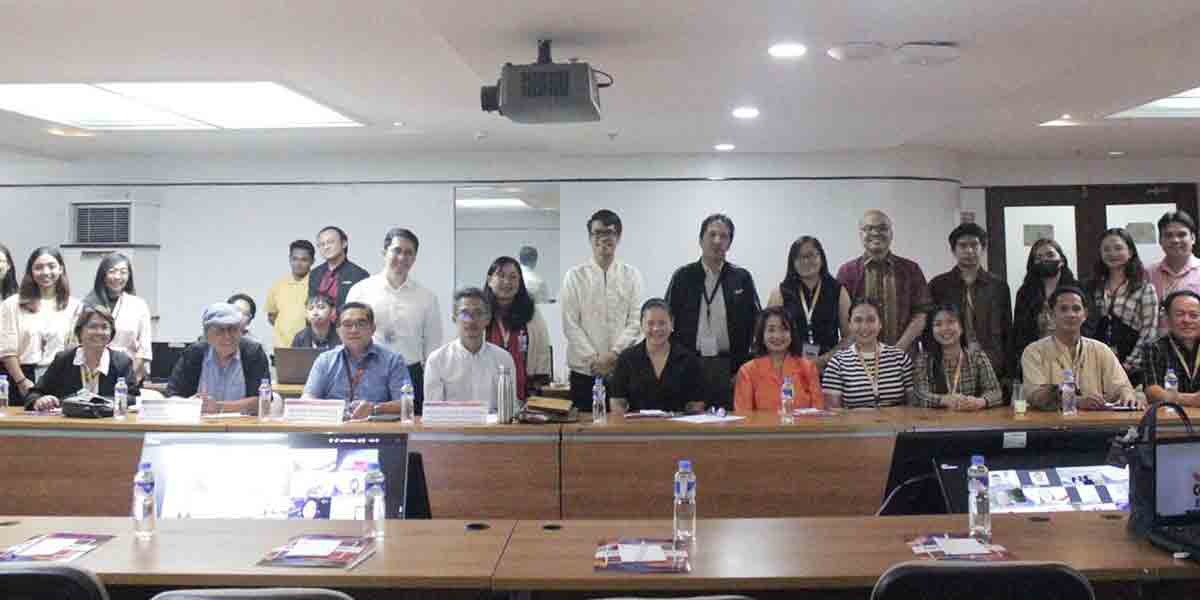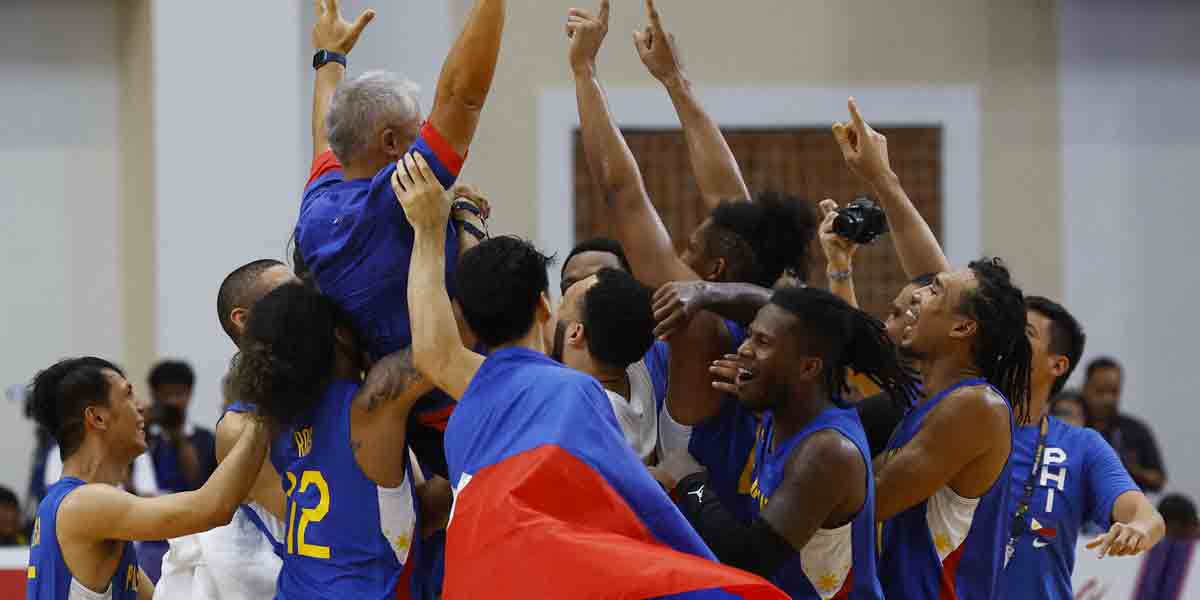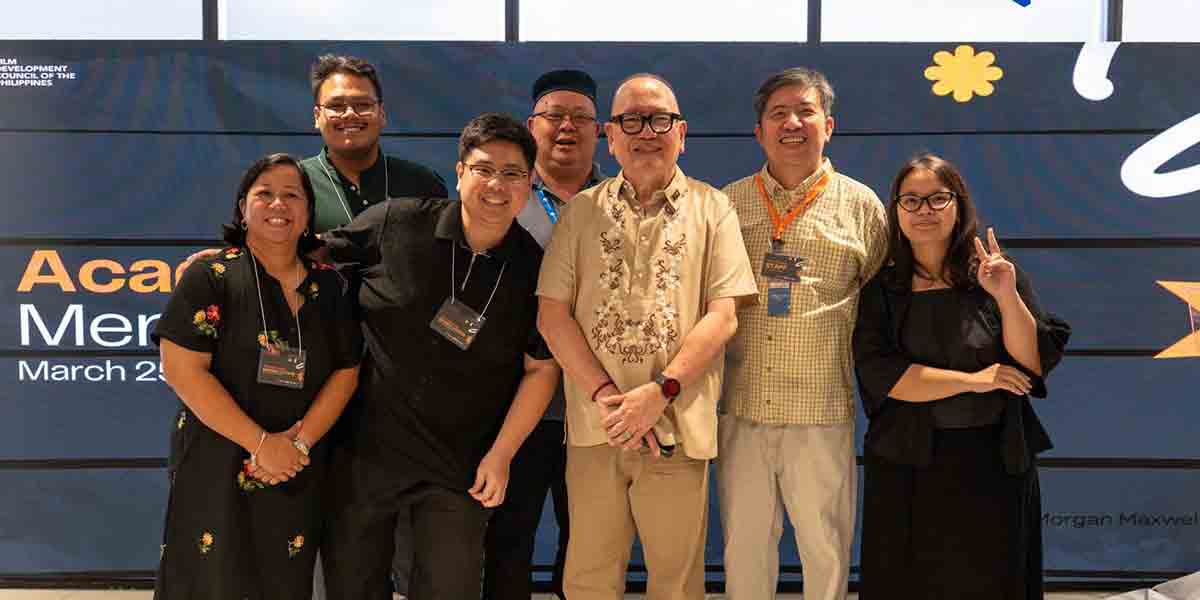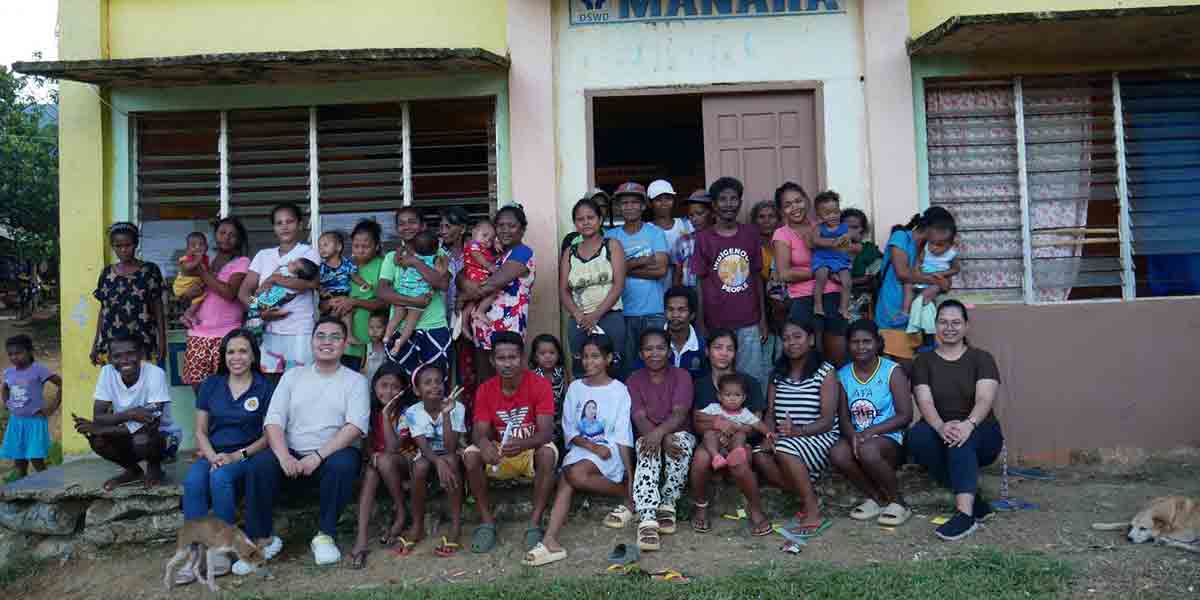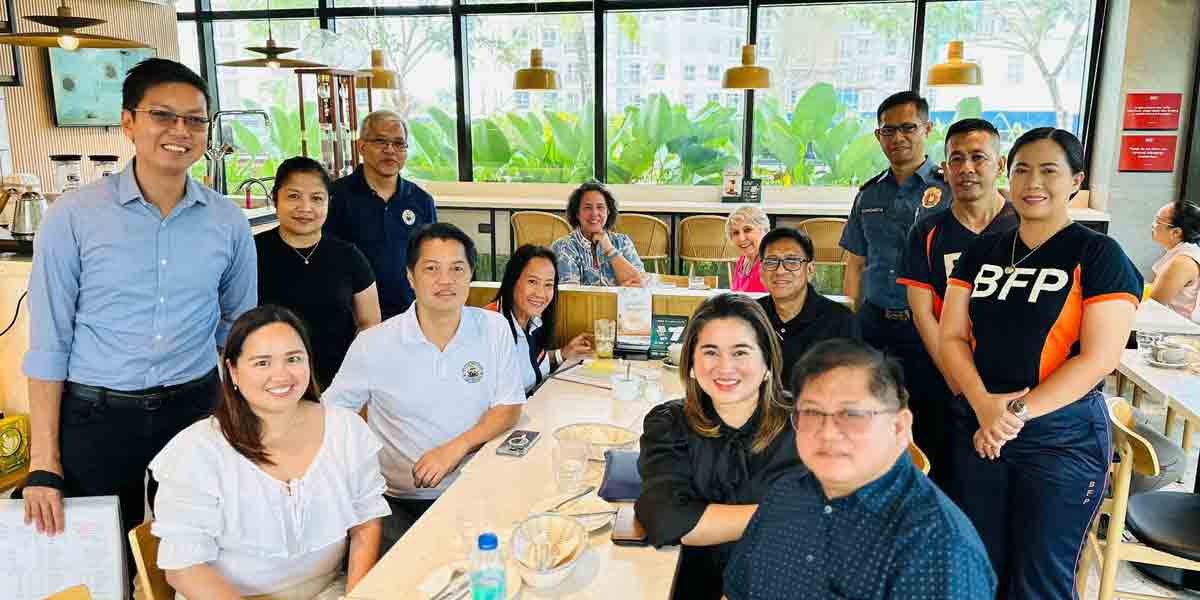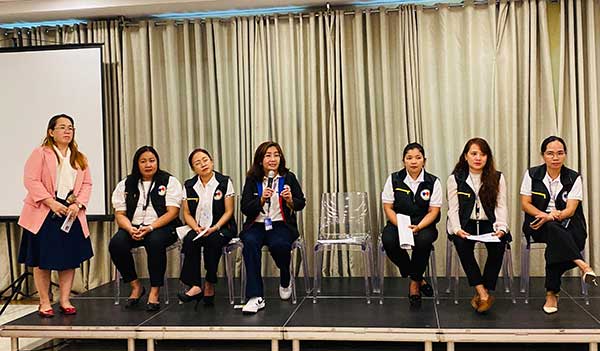
By Mariela Angella Oladive
In celebration of Adoption and Alternative Child Care Week, the National Authority for Child Care (NACC) and the Regional Alternative Child Care Office VI (RACCO) hosted a media forum on June 11 at Days Hotel Iloilo.
The event aimed to promote administrative adoption and alternative childcare programs, emphasizing the need for community involvement and media support. The initiative aligns with Republic Act No. 11642, the “Domestic Administrative Adoption and Alternative Child Care Act.”
Section 57 of the act designates the second week of June as Adoption and Alternative Child Care Week to highlight the importance of legal adoption and alternative childcare in providing safe and nurturing environments for children.
In her remarks, RACCO VI Officer in Charge Janice Brasileno underscored the critical role of the media in spreading awareness about the legal adoption process and alternative childcare programs.
“As we celebrate the 2024 Adoption and Alternative Child Care Week with the theme ‘Every Child Matters: A New Era in Adoption and Alternative Child Care,’ we are indeed entering a new era. With the advent of technology, let’s not forget our most vulnerable sector—our children, especially those who were abandoned, orphaned, surrendered, neglected, abused, and exploited,” she said, appealing to the media to support efforts in ensuring that no child is left behind and to portray alternative childcare programs free from discrimination and stigma.
“Please be a hero to these children and ensure that their voices are heard until we eliminate any form of illegal adoption and make people realize how wonderful the adoption and foster care journey is. Being ampon (adopted) is something to be proud of, and there is an AMPON (Anak, Magulang, Pamilya, Ordinaryo pero Natatangi) in all of us,” she added.
Atty. Flora Mae Alejandro, RACCO 6 Legal Officer, discussed the specifics of adoption and foster care under RA 11642. She highlighted the act’s goal to simplify and make domestic administrative adoption more affordable, stressing that the child’s best interest and welfare are paramount.
She reported that from January 2022 to May 2024, 91 children were declared legally available for adoption, with 47 cases reported from January 2023 to May 2024 across various provinces: Aklan (4), Antique (4), Capiz (4), Guimaras (1), Iloilo (17), and Negros Occidental (17).
Here are the adoption qualifications as presented by RACCO VI:
Who May Adopt?
– Any Filipino citizen at least 25 years old with full civil capacity and legal rights.
– Spouses shall jointly adopt, except in certain cases.
– Legal guardians.
– Foster parents.
– Philippine government officials and employees stationed abroad.
– Foreign nationals who are permanent or habitual residents of the Philippines for at least five years.
Who May Be Adopted?
– A child issued a Certificate Declaring a Child Legally Available for Adoption (CDCLAA).
– A relative of the adopter under certain conditions.
– A marital child of one spouse by the other spouse.
– A child whose adoption has been previously rescinded.
– A non-marital child by a qualified adopter to improve status to legitimacy.
– A child whose biological or adoptive parents have died.
– A Filipino of legal age, if prior to the adoption, the person has been consistently considered and treated by the adopters as their own child.
Foster parents also shared their inspiring adoption journeys, highlighting the life-changing impact on both the foster child and the foster parents.
During the Q&A session, agency representatives addressed various questions about the adoption process, including matchmaking and other related procedures.
The event concluded with a call to action to continue advocating for the rights and welfare of children, ensuring that every child has the opportunity for a loving and supportive family environment.

